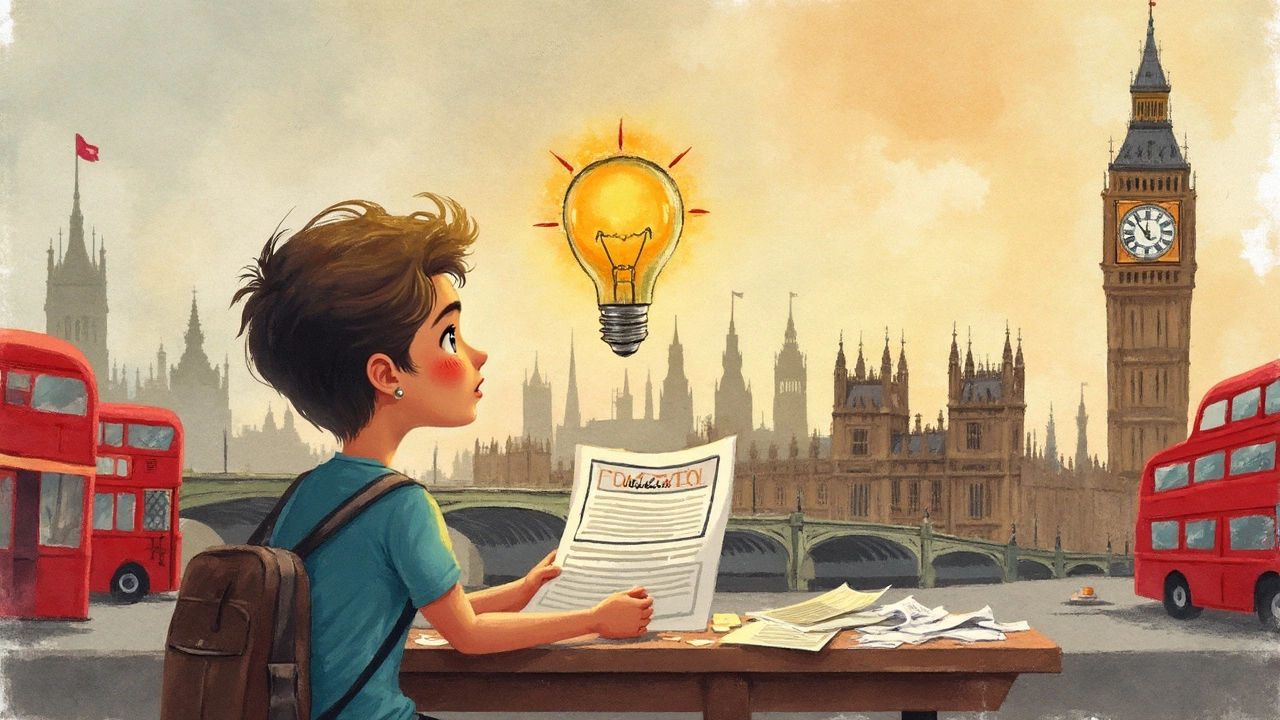Feeling buried under bills? You’re not alone. Lots of people in Worcestershire face the same stress, and the good news is there are clear steps you can take right now to start digging out.
The first thing to do is stop adding new debt. Put your credit cards away, pause subscription services and only spend on essentials like food, rent and utilities. This creates a clean slate for the next moves.
Debt consolidation means combining several loans or credit‑card balances into one new loan. The new loan usually has a lower interest rate, so more of your payment goes toward the principal instead of fees.
To see if consolidation works for you, list every debt, interest rate and monthly payment. Then use an online calculator (or the calculator in our “Can You Be Denied Debt Consolidation?” guide) to compare the total cost of keeping each debt versus taking one new loan.
If the new loan’s rate is lower and the monthly payment is manageable, consolidation can shrink the amount of interest you pay each month. It also simplifies budgeting because you only track one due date.
Watch out for hidden fees. Some lenders charge origination fees or early‑repayment penalties that can eat into the savings. Read the fine print or ask the lender to explain any charge before you sign.
Bad credit doesn’t mean you’re stuck forever. Our “Easiest Loans to Get Approved for with Bad Credit in 2025” article shows three routes that often work.
First, try a credit‑union loan. Credit unions tend to look at your overall financial picture, not just the credit score, and they often offer lower rates than high‑street banks.
Second, consider a secured loan. Using something valuable, like a car or a savings account, as collateral can convince lenders to approve you even with a low score.
Third, look at peer‑to‑peer lending platforms. These sites match borrowers with individual investors who may be more flexible than traditional banks.
Whichever path you choose, keep the loan amount as low as possible. A smaller loan is easier to pay back and will improve your credit faster.
After you secure a loan or a consolidation plan, set up automatic payments. Automation removes the guesswork and helps you avoid late fees, which can damage your credit even more.
Finally, track your progress. Use a simple spreadsheet or budgeting app to record each payment and watch the debt shrink. Seeing the numbers go down can be a huge motivation boost.
Debt relief isn’t a magic trick; it’s a series of small, steady actions. Start by stopping new debt, explore consolidation, and use the right loan options for bad credit. Within a few months you’ll notice the balance falling and the stress easing.
If you need personalized advice, our team at Worcestershire Finance Experts can review your situation for free. We’ll help you pick the best plan for your circumstances and keep you on track toward a debt‑free life.

Getting student loan forgiveness can be a game-changer for many borrowers struggling with debt. Understanding how forgiveness programs work, who's eligible, and how to apply, is essential. Various programs offer relief, especially for those in public service or specific jobs. Knowing the difference between federal and private loans impacts your options. Read on to find practical steps to tackle your student loans.

Navigating the maze of debt consolidation can leave many wondering whether their trusty credit card still has a place in their wallet. This exploration aims to unravel the mystery, shedding light on the nuanced interplay between consolidated debt and continued credit card use. As financial habits evolve, this guide offers practical tips for wielding plastic smartly. By understanding terms and devising strategies, you can maintain healthy credit utilization post-consolidation. Discover how to tread the line between financial recovery and responsible credit card usage.

Navigating the financial landscape can be daunting, especially when debt piles up. The US government offers various debt relief programs designed to alleviate the burden for individuals, families, and businesses. This article delves into these programs, explaining eligibility criteria, benefits, and how they can be applied to personal finances. With insights into responsible financial management, readers can better understand the tools available to them.